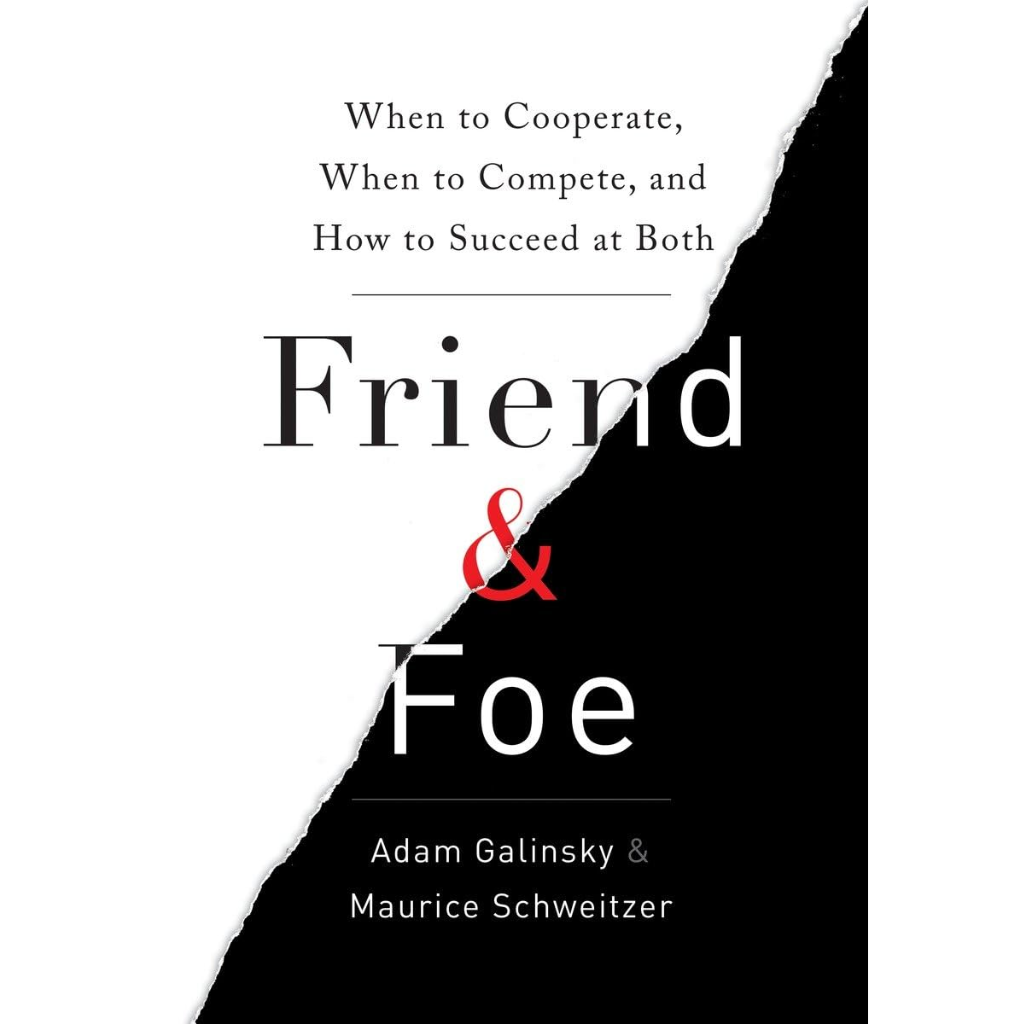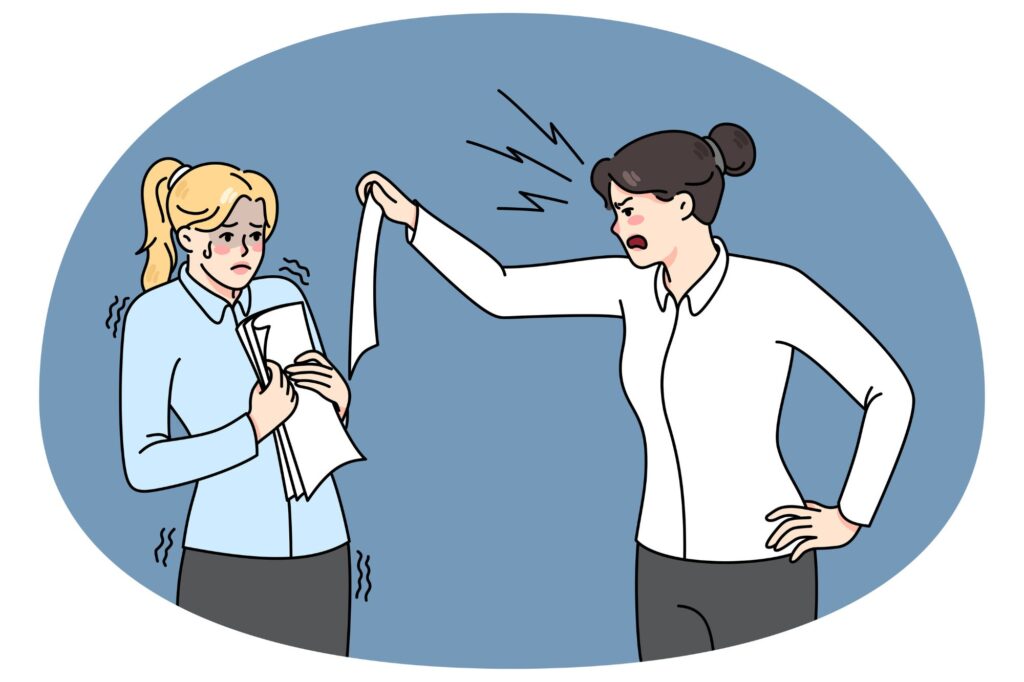
How Business Leaders Should Prepare for The US Regime Change
An era of authoritarian-led hyper-inflation is likely on the horizon. There are some clear playbooks for this that include reduced investment, AI-driven decisions and hiring overseas.

An era of authoritarian-led hyper-inflation is likely on the horizon. There are some clear playbooks for this that include reduced investment, AI-driven decisions and hiring overseas.

The shame which had accompanied the ineptness of past administrations has died, signaling a Golden Age of confident incompetence. Is this ugly moment showing up at your workplace?

Incompetence in the White House just got nuclear. What does it mean when the leader of our nation’s largest workforce has no impulse control?

Perhaps the most interesting discussion in Friend & Foe by Adam Galinsky is about how most leaders with an imbalance of power are unaware of others’ perspectives, and how leaders can improve their ability to see the world through others’ shoes.

You’ve been to plenty of meetings where you add “to-dos” but have you ever deliberately considered “stop-doings”? Find out how subtracting is a new form of innovation.
According to research, every election cycle in the US brings a productivity cost to workplaces, but can it be avoided? Some companies may have figured it out by (temporarily) reinstating remote work.
These leadership trends for 2025 stem from a need for an adaptive mentality in a world quickly changed by AI, mental illness and climate disasters.
Adaptive Leadership is defined as the ability to anticipate future needs of an organization and lead during times of uncertainty. Here are the skills you need to master to be an adaptive leader in 2025.
In this part 2 of our “Do Less” Features series, we look at Dr. Cassie Holmes’ insights about time management’s relationship to happiness and a number of hidden biases we carry that make us commit to things that don’t make us happy.
Self awareness, self control, social perception and influence are the 4 major building blocks to Emotional Intelligence. These are skills that anyone can work on and improve. Over 30 years of research show that improving Emotional Intelligence leads to greater career success and personal fulfillment.
Impulse control is a skill related to the emotional intelligence skill of self control. People with high levels of impulse control are able to focus for longer periods of time, can navigate stressful more methodically, and resolve interpersonal conflicts with a cool head.

Distractions in our lives are increasing, not decreasing. Our ability to stay on task in the face of laptops, smartphones and smart watches is changing according to Gloria Mark, PhD., author of the book “Attention Span”.

Your professional success will come much more naturally once you’ve made a solid habit of making appropriate boundaries with your manager, boss, co-workers, and others. How to target and change those people-pleasing habits.

Music can be a help or a hinderance depending on a few factors.

Instead of blaming your people, look at the processes you’re giving them.
People-pleasing is a problem for the whole organization. It’s bad for the mental health of the people pleaser, it’s bad for transparency and it never helps the bottom line.

WorkforceWise.org, All Rights Reserved.